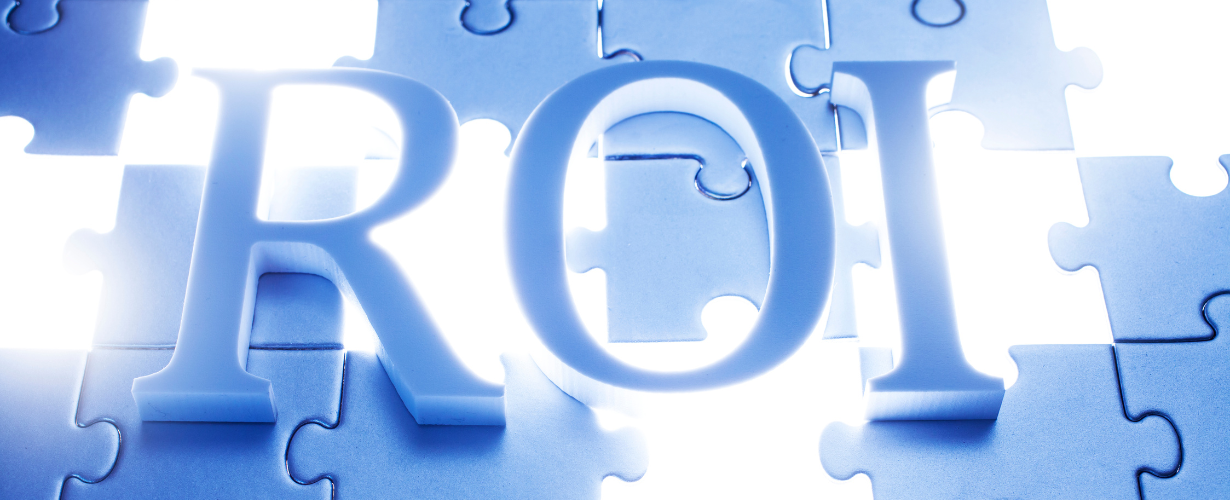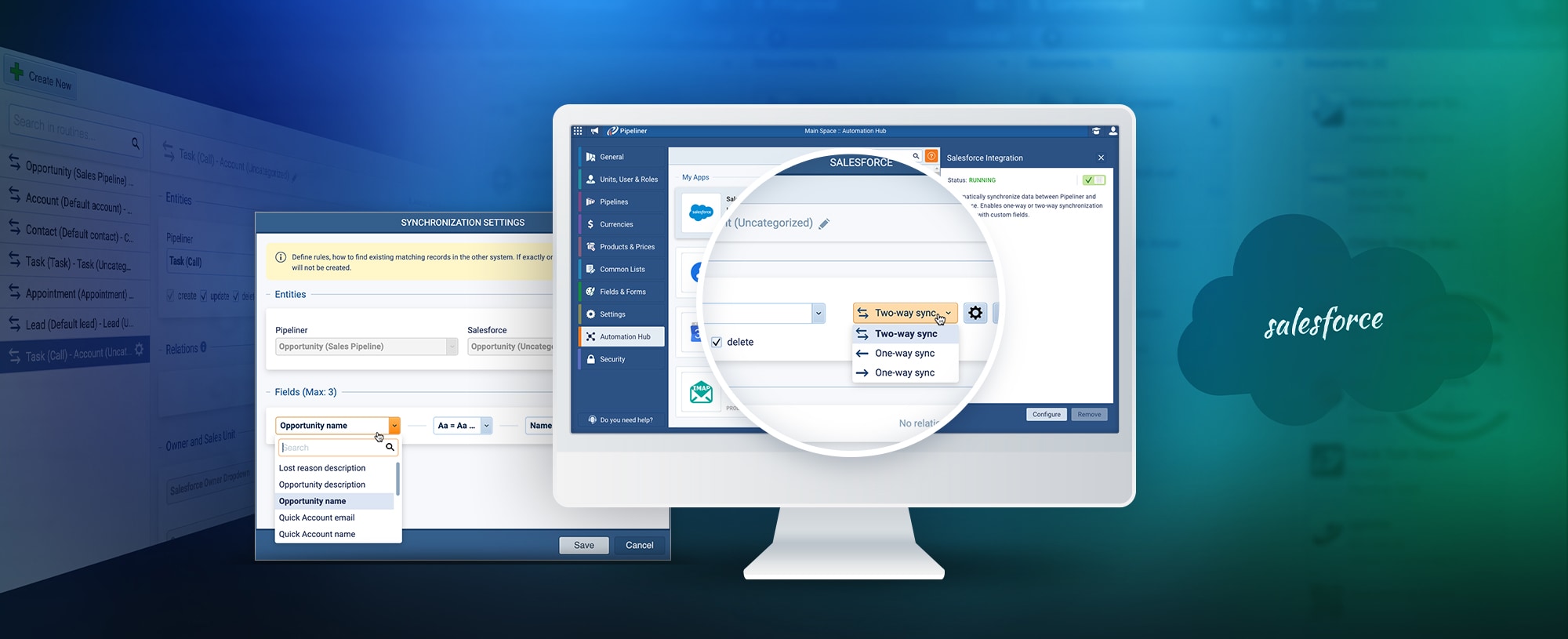With this article, we begin a series on the topic of “Win Together.” This concept can be included in the context of “win-to-win” described in my book Network Selling: Guarantee Success for the Digital Age. Today, this aspect of sales is more important than ever, and must also be part and parcel of CRM solutions.
Transformation in Sales
As I’ve been saying for some years, we are in the midst of a transformation as a society.
As we examine the events of the last couple of years, no one could seriously disagree with me. It’s become very obvious.
Narrowing the focus of this transformation down, a noticeable aspect of it is the image change that has occurred with salespeople. The current sales bestsellers characterize salespeople as significant agents of positive change for companies and even for society. This is a drastic difference from salespeople portrayals as pushy, ugly, brutal, manipulative, difficult, slimy, annoying, dishonest—all the negative traits seen in such films as Death of a Salesman, Tin Men and Glengarry Glen Ross. Authors such as Jeb Blount and Daniel Pink are leading this charge.
We’re seeing that, today, salespeople should be thought leaders. They should become empathic listeners. They should be intelligent, connect with people, solve problems, build trust, and emotionally create a positive buying experience. They should be competent and authentic. In short, a complete pendulum-swing from the way they were previously portrayed.
Historical View of Sales Fraud
We can trace this association of dishonesty with sales back hundreds of years, to the merchants in the medieval days of Marco Polo who were regularly cheating buyers. Such cheating was often achieved through the use of incorrect weights that favored the seller. Such methods of fraud go back even further, and can even be found in the Biblical book of Leviticus: “You must not commit injustice in judging, in measuring, in weighing or in measuring liquids.”
If we take out the religious aspect, we can simply observe that sales fraud existed and was being condemned back that far. Unfortunately people were not advised on this treachery as the society was not networked as it is today. Once a merchant cheated a buyerBuyer A buyer is an individual or organizational entity that purchases a product or subscribes to a service., the buyer never knew if they’d ever see the merchant again. We can see that today avoiding such sales fraud is not only wrong from an ethical standpoint, but from a logical one as well: word of a single instance of deceit in sales can spread throughout the world in an instant.
The Community is Affected
Sales fraud effects are actually more profound, however, when we see how they destroy the community. When sales is not inclusive of winning together—when both the seller and buyer win on their respective sides of a deal—a community cannot be built.
When sales fraud is taking place, what happens in the community? Let’s say, for example, a contractor building homes in a neighborhood is a bit dishonest. Do you think for a moment that people in that community will not be talking about it? You bet. This contractor, in effect, is actually harming themselves by harming the community.
We therefore have another reason for “win together”: the community is strengthened.
Tracing Back to Altruism
“Win together” is actually rooted in altruism—something I believe exists as a natural trait in humans. You will innately treat someone as you want to be treated. This trait is even demonstrated in nature, with monkeys. So we can certainly listen to our inner selves and behave that way, too—and I believe that altruism is the genesis of sales.
By altruism, I don’t mean compassion, which is a higher calling. It’s more like a basic understanding that we’re all in the same shoes. We’re all buyers in some form, aren’t we? None of us want to be cheated or defrauded. We want to have a “win-to-win.” So why do some salespeople do something to others that they don’t want done to themselves?
It Builds Relationships
Circling back to our article title, why is “win together” so vital? Because without it, a relationship can never be built. When only one side is winning, the result is a dysfunctional relationship, which of course is no relationship at all. The elements of such a “relationship” are isolation, disconnection, mistrust, guilt, demotivation, depression, negative mindset, seeing only obstacles, problems leading to frustration, fear, self-loathing, the constant feeling that something must be fixed, and the ever-present expectation to lose.
hen both sides win, what do we gain? First of all, respect for yourself. Then, respect for the other person, because it’s a good deal. You have open communication, mutually beneficial for both sides. You’re willing to recommend each other. You create self-confidence and hope, and a positive attitude. You have high expectations, and you see more opportunities than obstacles and problems. You can even turn a problem into an opportunity. You build trust in yourself, and trust in your customerCustomer Customer is an individual or an organization that purchases a product or signs up for a service offered by a business..
All of this leads to the reasons we’re putting the “R” (Relationships) back into CRM, Customer Relationship Management. Many CRM vendors believe that customer relationships come about through the use of Artificial Intelligence—something we see as a completely incorrect assertion and assumption. Machines can never replace human beings and can never perform human interaction.
As people start to win together, sales can actually restore society through relationships.





